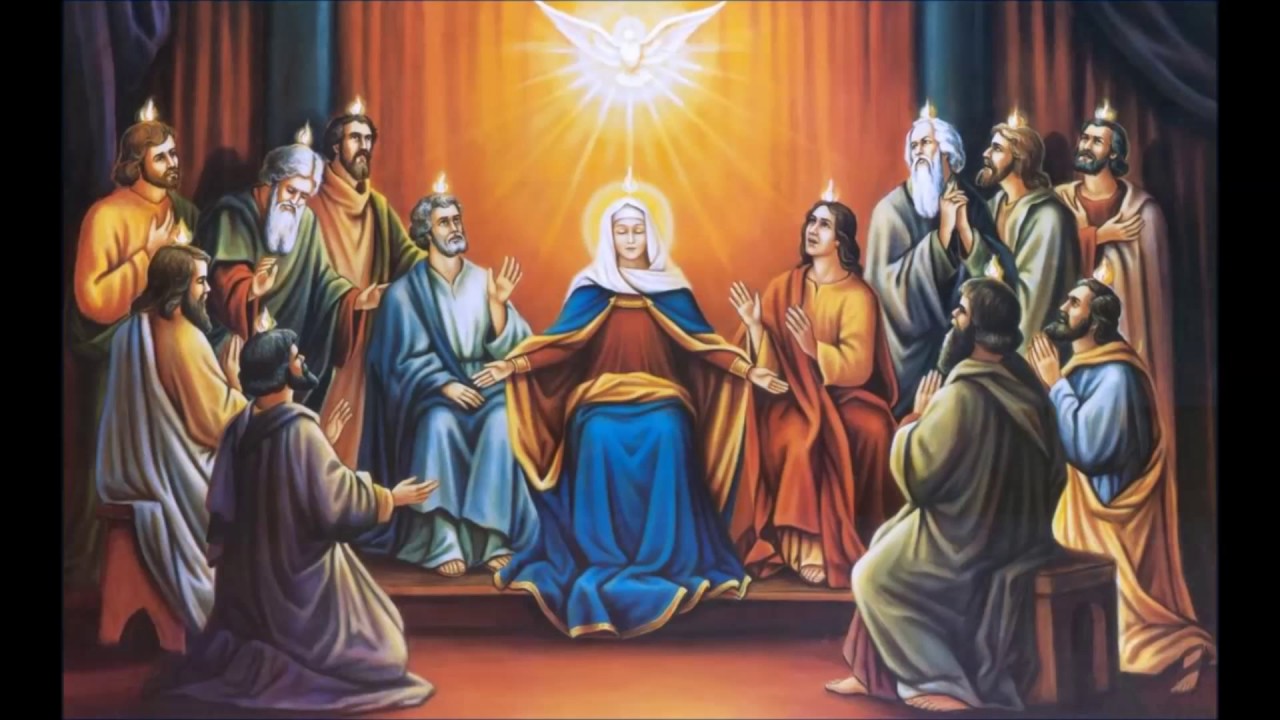Acquaint yourself with the fascinating life and writings of St Basil (born 330), one of the the early champions of Christianity! Although they were written over 1600 years ago, Basil’s sermons are fresh and vivid, and have much to say to us today. Here is an excerpt from St Basil’s sermon, “I Will Tear Down My Barns“:
[…] God brought showers upon the earth that had been cultivated by this man’s greedy hands, and gave sunshine to gently warm the seeds and multiply their produce in abundance. From God comes everything beneficial: fertile soil, temperate weather, plenty of seeds, cooperation of the animals, and whatever else is required for successful cultivation. But human beings respond with a bitter disposition, misanthropy, and an unwillingness to share. Such characteristics are what this man offered back to his Benefactor. He did not remember that he shared with others a common nature, nor did he think it necessary to distribute from his abundance to those in need. He did not keep even a word of the commandments: “Do not neglect to do good for the needy,” and “Do not let mercy and loyalty forsake you,” and “Share your bread with the hungry.” He did not heed the urgings of all the prophets and teachers.The land of a rich man produced abundantly. And he thought to himself, “What should I do, for I have no place to store my crops?” Then he said, “I will do this: I will pull down my barns and build larger ones, and there I will store all my grain and my goods. And I will say to my soul, “Soul, you have ample goods laid up for many years; relax, eat, drink, be merry” But God said to him, “You fool! This very night your life is being demanded of you. And the things you have prepared, whose will they be?” So it is with those who store up treasures for themselves but are not rich toward God. Lk 12:16–21

Though his barns were filled to bursting with the abundance of his goods, his miserly heart was still not satisfied. By constantly adding more to what he already possessed, augmenting the existing surplus with annual increases, he fell into this intractable dilemma. He refused to be satisfied with what he already had on account of his greed, yet neither could he store the new harvest on account of its abundance. His purposes thus reached an impasse, and he was at a loss how to proceed. “What should I do?” he wondered. Who would not have pity on someone so besieged with troubles? He was made miserable by abundance, wretched by the good things he possessed, and still more wretched by the good things he still expected to receive. The land does not produce revenue for him, but rather brings forth sighs of discontent; he does not harvest an abundance of produce, but rather cares and sorrows and severe hardship. He laments like those afflicted with poverty. Or rather, do even those hard pressed by poverty give forth such piteous cries? “What should I do? What will I eat? What will I wear?” These things the rich man also exclaims. He is sorely afflicted; his heart is eaten away with cares. What would cause others to rejoice causes the greedy person to waste away. He does not rejoice at all the good things he has in store, but is rather pricked to the heart by the wealth that slips through his fingers, lest perhaps, as it overflows the storehouses, some of it should trickle down to those outside his walls, so as to become a source of aid for those in need.[…]
Do not suffer the same thing yourselves. Indeed, it was for this purpose that these things were written, so that we might avoid a similar fate. Imitate the earth, O mortal. Bear fruit as it does; do not show yourself inferior to inanimate soil. After all, the earth does not nurture fruit for its own enjoyment, but for your benefit. But whatever fruit of good works you bring forth, you produce for yourself, since the grace of good works redounds to those who perform them. You gave to the poor, and in so doing not only did you make what you gave truly your own, but you received back even more. For just as grain, when it falls upon the ground, brings forth an increase for the one who scatters it, thus also bread cast to the hungry yields considerable profit at a later time. Therefore, let the end of your harvesting be the beginning of a heavenly sowing. As the Scripture says, “Sow for yourselves righteousness” (Hos 10:12).





